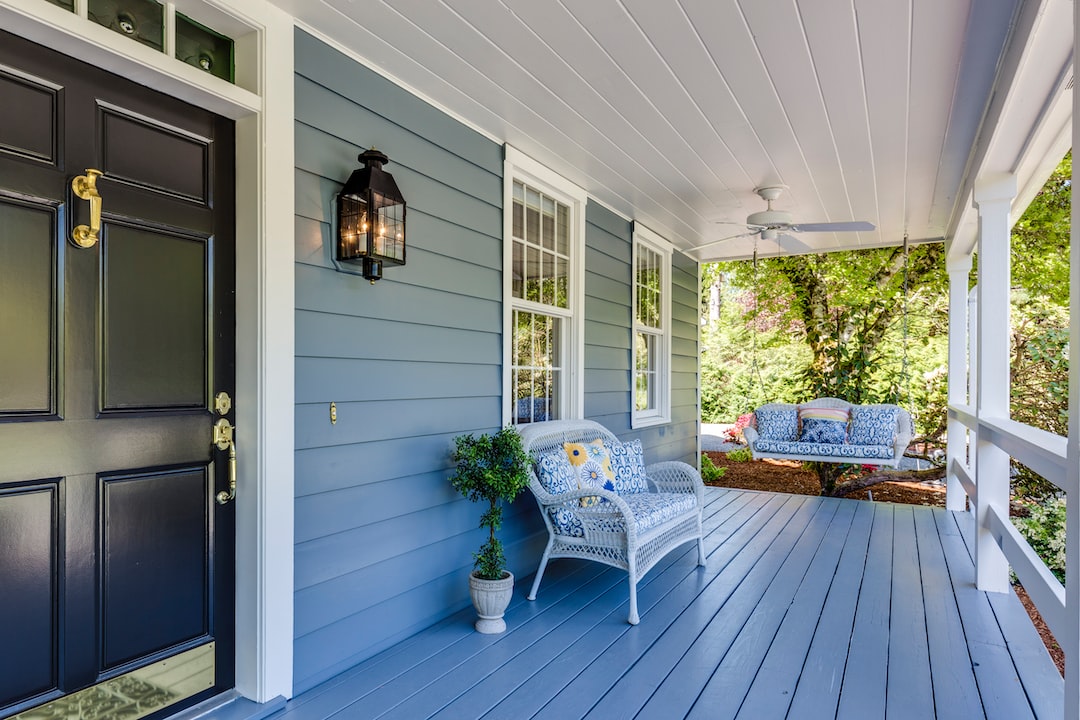Investing in Real Estate: Choosing Between Residential and Commercial Properties
When it comes to investing in real estate, one of the key decisions you’ll need to make is whether to venture into residential or commercial properties. Both options have their own set of benefits and considerations, and it ultimately depends on your personal investment goals and risk tolerance. In this blog post, we’ll explore the factors you should consider when choosing between residential and commercial real estate.
1. Market Dynamics:
One crucial factor to examine is the current state of the real estate market. Residential properties are generally more affected by market fluctuations, economic conditions, and other external factors. On the other hand, commercial properties tend to be less volatile and can provide more stable returns over the long term. Understanding the market dynamics can help you determine which sector aligns better with your investment goals.
2. Return on Investment:
The potential return on investment (ROI) is another vital consideration. Residential properties typically generate income through rental payments, while commercial properties generate income from lease arrangements. Commercial properties tend to have higher rental yields, making them more attractive for investors. However, residential properties often appreciate in value over time, giving investors the potential for significant capital gains upon selling.
3. Risk and Stability:
Risk tolerance plays a significant role in choosing between residential and commercial properties. Residential properties are generally considered to be less risky due to the higher demand for housing and a larger pool of potential tenants. Commercial properties, on the other hand, may have higher vacancy rates and require longer leasing periods. Understand your risk appetite and consider your comfort level when deciding which type of investment suits you best.
4. Management and Maintenance:
Consider the level of involvement and responsibilities associated with each property type. Residential properties typically require more hands-on management, such as dealing with tenants, maintenance, and repairs. On the contrary, commercial properties often have longer lease terms with professional tenants who are responsible for their own maintenance. If you prefer a hands-off approach, commercial real estate might be a better choice.
5. Diversification:
Diversifying your real estate portfolio is essential for mitigating risks. By investing in both residential and commercial properties, you can spread your investments across different sectors and markets. This diversification can help reduce the impact of economic downturns or fluctuations specific to one sector.
6. Financing Options:
Financing plays a critical role in any real estate investment. Residential properties generally have more financing options available as they are more common and considered lower risk. Commercial properties may require higher down payments and have stricter lending criteria. Consider your access to financing and evaluate the options available to you when choosing between residential and commercial properties.
7. Personal Preference and Expertise:
Lastly, consider your personal preferences and expertise. If you have a passion for residential properties and enjoy the process of renovating and managing tenants, residential real estate may be a better fit. On the other hand, if you have a background in business or have a knack for analyzing market trends, commercial real estate might suit you better. Understanding your areas of interest and expertise can make your investment journey more enjoyable and rewarding.
In conclusion, choosing between residential and commercial properties in real estate investment depends on various factors, including market dynamics, ROI, risk tolerance, management requirements, diversification goals, financing options, personal preferences, and expertise. It’s crucial to thoroughly evaluate these factors and align them with your investment goals, time horizon, and risk appetite. Remember, both residential and commercial properties offer unique opportunities, and a well-balanced portfolio might include a mix of both to optimize returns and diversify risks.

